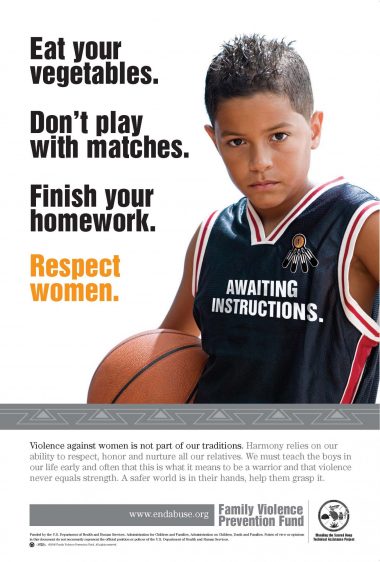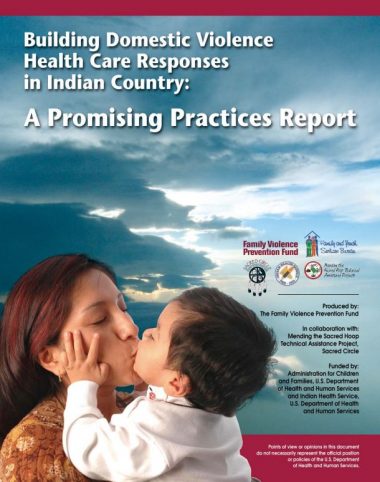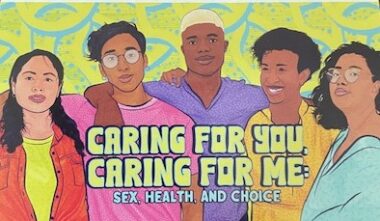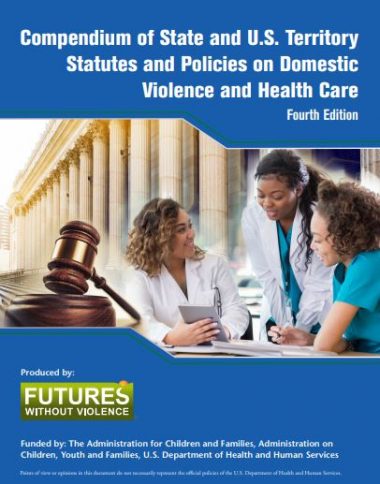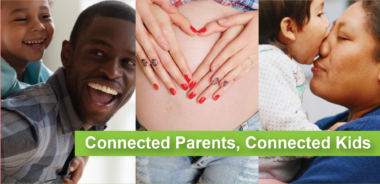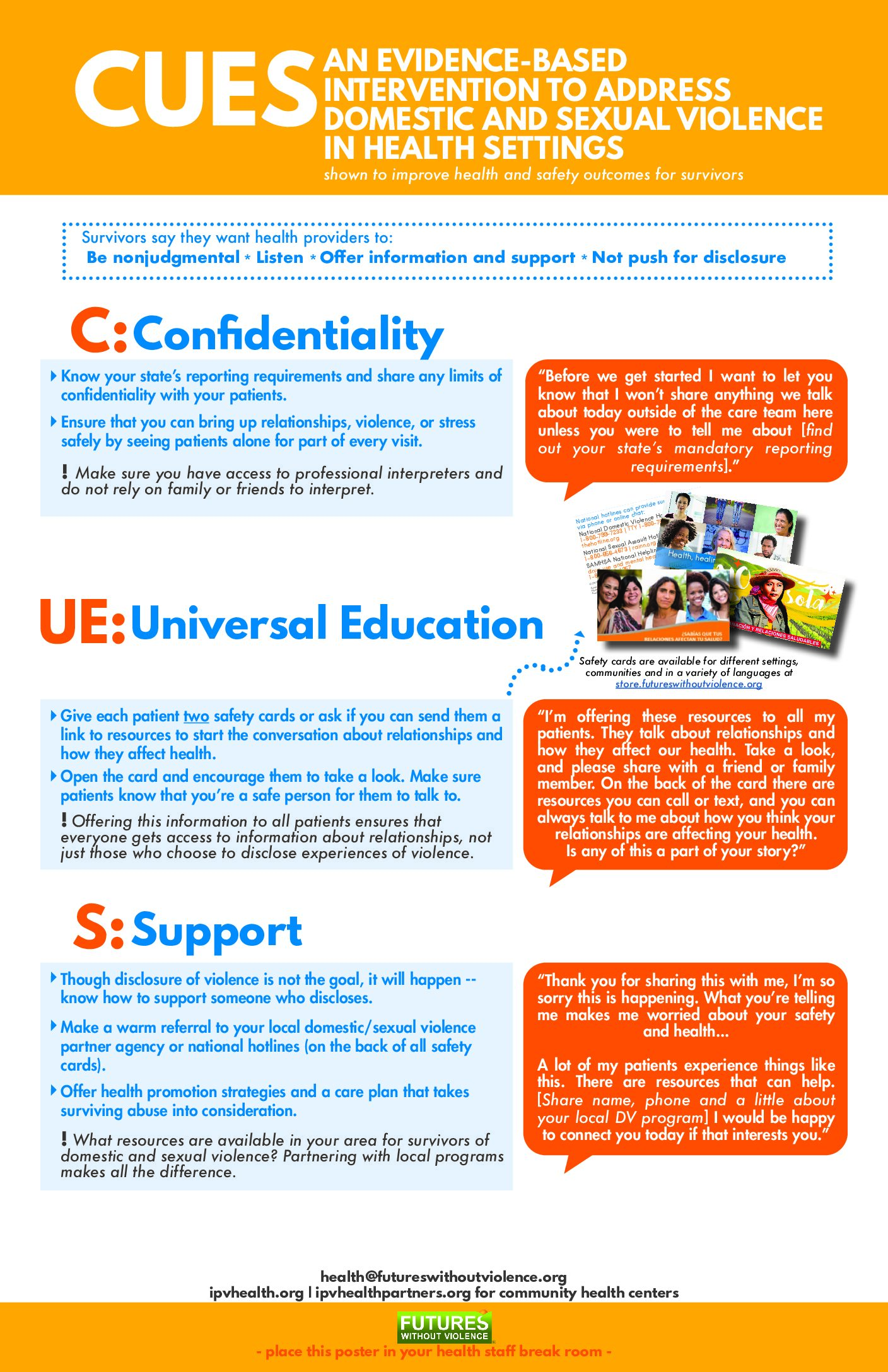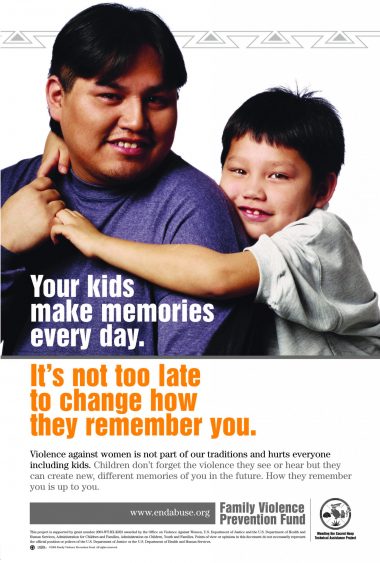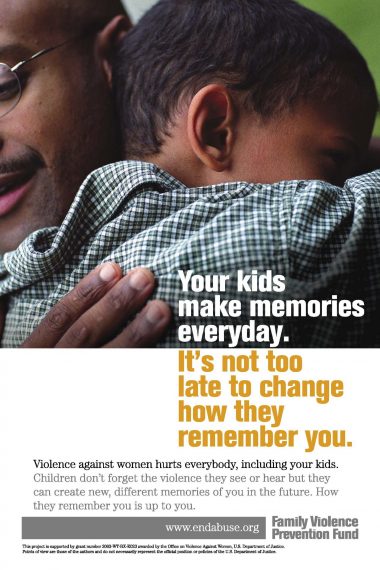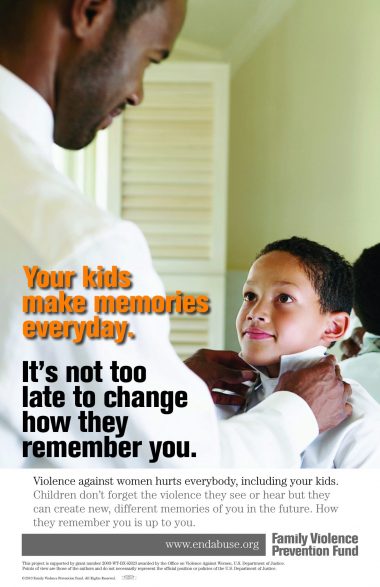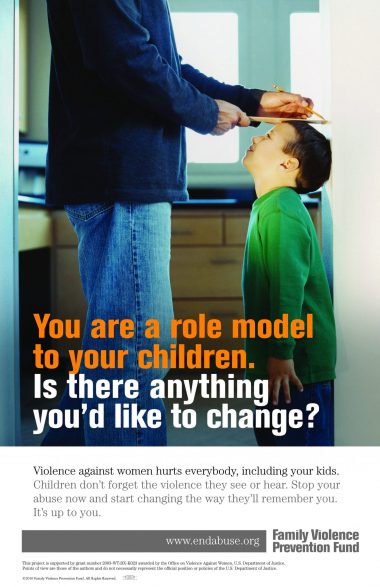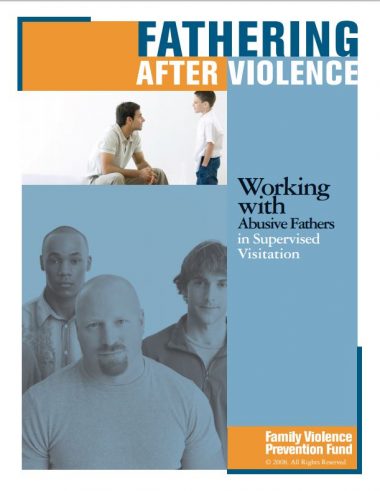Showing 1–16 of 37 results
Accountability and Connection with Abusive Men
$0.00
This PDF document is an effort to remedy the excessive focus on mothers in cases involving domestic violence. It provides suggestions for connecting with and holding abusive men accountable.
Addressing Intimate Partner Violence As a Social Determinant of Health in Clinical Settings Policy Brief
$0.00
This brief from the California IPV & Health Policy Leadership Cohort, discusses several Social determinant of Health (SDOH) assessment initiatives and promotes the inclusion of IPV questions. Evidence demonstrates that social and environmental factors are equal or just as important to health outcomes. Assessing SDOH via several assessments can help
Aging With Respect (Elder Abuse) Safety Card (Hard Copy and PDF)
$0.00
Aging with Respect is an intervention addressing elder abuse, neglect and intimate partner violence with those later in life. It is developed for those patients/clients with agency and capacity in non-crisis, non-emergency situations that provides information about healthy and safe relationships, and the impact of unhealthy relationships on health and wellbeing.
American Indian/Alaska Native Poster: Awaiting Instructions (PDF only)
$0.00
The 11” x 17” poster may be used in any community or health setting frequented by men and boys including Tribal offices, schools, gyms, batter’s intervention programs, health care facilities and visitation centers.
Beyond Halal and Haram: Muslims, Sex, and Relationships Safety Card (Hard Copy and PDF)
$0.00
The goal of this safety card is to be both a survivor-centered resource and a useful conversation starter for health care providers, counselors, social workers, mentors, or other adults working with high-school and college-aged Muslim youth who are doing universal education around healthy relationships and assessing for violence. The card
Beyond Observation: Considerations for Advancing Domestic Violence Practice in Supervised Visitation (PDF only)
$0.00
This paper presents considerations for expanded practice in the Supervised Visitation Grant Program and describes interventions that go beyond observation in the supervised visitation setting. The information for this paper comes from a number of sources including: interviews with experts in the field; a review of the literature on supervised
Building Domestic Violence Health Care Responses in Indian Country: A Promising Practices Report (PDF only)
$0.00
Funded by the Indian Health Service and Administration for Children and Families, the IHS/ACF Domestic Violence Project (2002-2009), trained thousands of health care providers and community advocates, identified and empowered national experts, instituted sustainable DV response programs in hospitals and clinics, developed model policies and tools to better address abuse
Caring For You, Caring For Me: Sex, Health, and Choice (Reproductive Health)
$0.00
The Caring for You, Caring for Me patient education brochure was developed for use in sexual and reproductive health settings. Sexual and reproductive health providers, navigators, and educators can use this business card-sized tool to prompt conversations with patients about sexual and reproductive autonomy within their intimate and/or sexual relationships,
Compendium of State and U.S. Territory Statutes and Policies on Domestic Violence and Health Care (PDF)
$0.00
The Compendium is an at-a-glance summary of state and U.S. territory laws, regulations, and other activities relevant to addressing domestic violence in health care settings. It includes analyses and themes that reflect policy and programmatic changes made in the last two decades by leaders in the fields of health care,
Connected Parents, Connected Kids ACEs Safety Card (Hard Copy and PDF)
$0.00
The Connected Parents, Connected Kids Safety Card is a universal education tool that health care and community-based providers can distribute as part of universal education with families to discuss Adverse Childhood Experiences (ACEs), relationships (healthy and unhealthy), and resilience. This resource is appropriate for a variety of settings, including pediatrics, reproductive health, home
CUES Poster
$0.00
Beyond Screening: Easy Steps to Support Survivors in Health Settings Infographic
Providers should talk with all patients about the elements of healthy and unhealthy relationships, the health effects of violence, health promotion strategies, and resources. Learn more about an evidence-based intervention for addressing domestic violence in health settings. Use the evidence-based and
Fathering After Violence “American Indian/Alaska Native” Poster (PDF only)
$0.00
This poster may be used in any community or health setting frequented by men and boys including Tribal offices, schools, gyms, batter’s intervention programs, health care facilities and visitation centers.
This resource is only available as a PDF download.
Fathering After Violence “Memories-Hug” Poster (PDF only)
$0.00
These posters were created as part of the Fathering After Violence Initiative and may be used in any community setting frequented by men and boys. This may include tribal offices, schools, gyms, child welfare offices, batter’s intervention programs, health care facilities and visitation centers.
Fathering After Violence “Memories-Necktie” Poster (PDF and Hard Copy)
$0.00
These posters were created as part of the Fathering After Violence Initiative and may be used in any community setting frequented by men and boys. This may include tribal offices, schools, gyms, child welfare offices, batter’s intervention programs, health care facilities and visitation centers.
Fathering After Violence “Role Model” Poster (PDF and Hard Copy)
$0.00
These posters were created as part of the Fathering After Violence Initiative and may be used in any community setting frequented by men and boys. This may include tribal offices, schools, gyms, child welfare offices, batter’s intervention programs, health care facilities and visitation centers.
Fathering After Violence: Working with Abusive Fathers in Supervised Visitation (PDF)
$0.00
This guide is intended to assist the grantees of the Safe Havens: Supervised Visitation and Safe Exchange Grant Program (Supervised Visitation Program or SVP) that want to enhance the safety and well-being of women and children by working more deliberately with abusive fathers who use the centers to visit their




